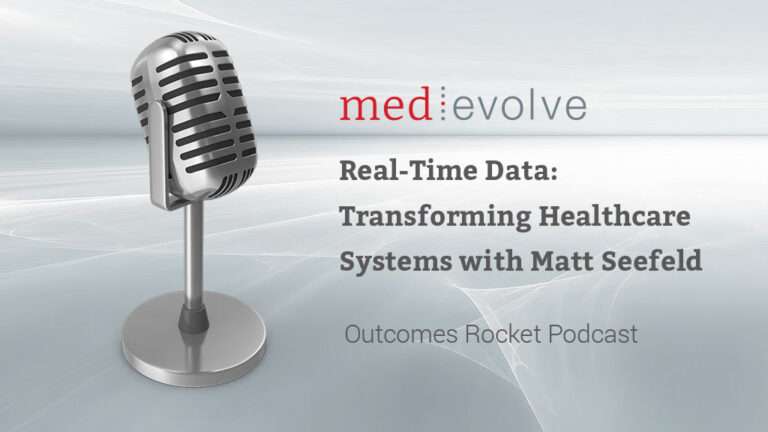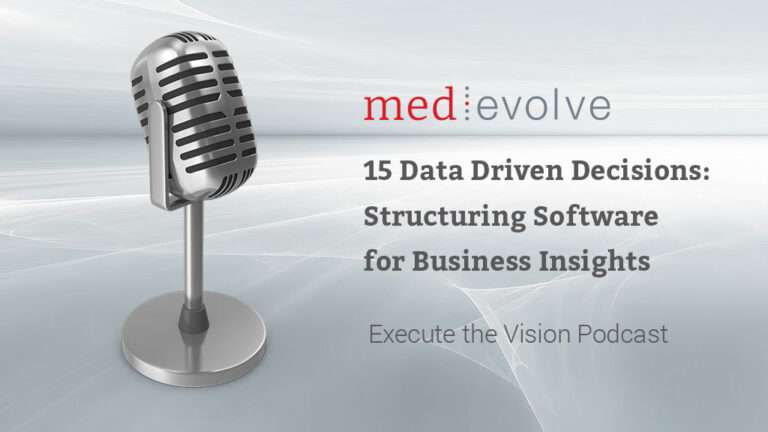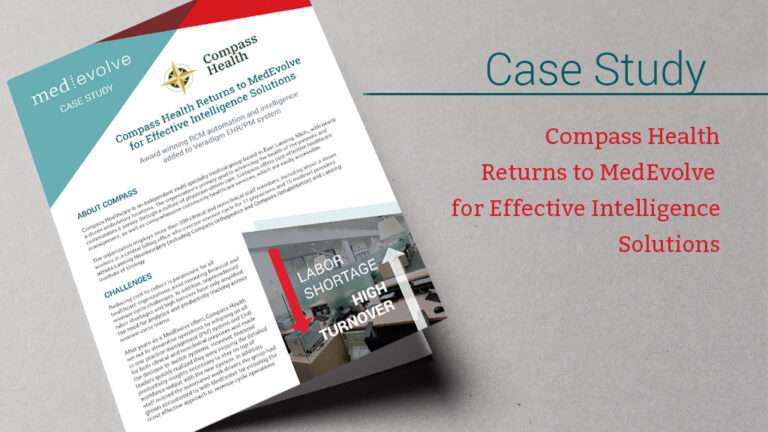What does EDI stand for?
Why is EDI important in the revenue cycle?
Claims Submission and Processing
Healthcare providers use EDI to electronically submit insurance claims to payers for reimbursement. EDI streamlines the claims process, reducing paperwork, minimizing errors, and accelerating the reimbursement cycle.
Eligibility Verification
Providers can use EDI to inquire about a patient’s insurance eligibility and benefits in real-time before rendering services. This helps ensure that patients are covered and allows providers to communicate accurate cost estimates to patients.
Remittance Advice
Payers use EDI to send remittance advice (explanation of benefits) to healthcare providers, detailing how claims were adjudicated, including payment amounts, denials, and adjustments.
Enrollment and Registration
EDI can be used for electronic enrollment and registration of patients in health plans, simplifying the onboarding process and reducing administrative burden.
Coordination of Benefits
EDI enables coordination of benefits among multiple insurance plans for patients with overlapping coverage, ensuring proper payment distribution and minimizing overpayments.
Prior Authorization
Healthcare providers can use EDI to request prior authorization for certain medical procedures or treatments from insurance companies. This streamlines the authorization process and reduces delays in patient care.
Pharmacy Claims and Drug Formularies
EDI is used in pharmacy settings for submitting prescription drug claims and verifying drug formulary information with insurers.
Patient Statements and Billing
EDI can facilitate the electronic transmission of patient statements, invoices, and billing information, reducing paper-based communication.
Healthcare Transactions
In addition to the specific use cases mentioned above, EDI can support various other healthcare transactions, such as referrals, claim status inquiries, and more.
Standard EDI Data Structure
EDI in healthcare follows standardized formats, such as the X12 format, which defines the structure and content of the data being exchanged. This standardization ensures interoperability between different healthcare systems and simplifies data exchange across the industry.
What EDI transaction types does MedEvolve handle?
- Healthcare claim transaction set (837) - claim transactions
- Healthcare claim payment. Advise transaction set (835) - Electronic Remittance Advice or ERA
- Healthcare eligibility/benefit inquiry (270) - eligibility request from patient tree or batch eligibility
- Healthcare eligibility/benefit response (271) - eligibility results back from the payer









